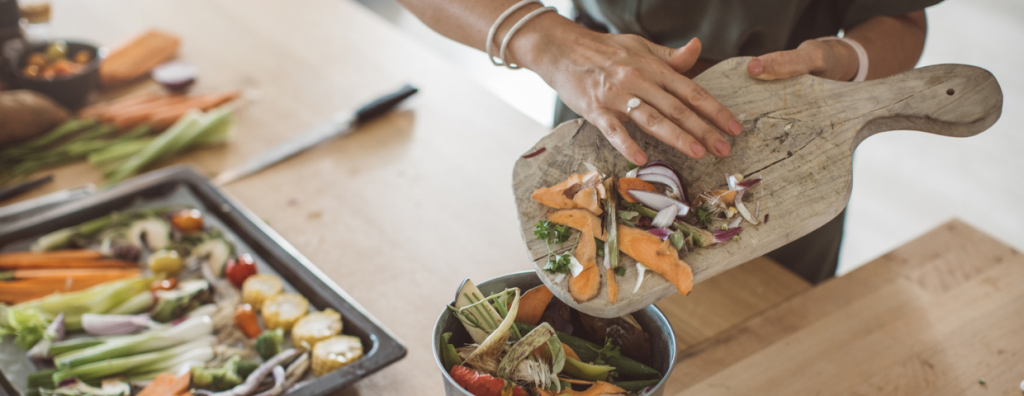In many ways, the kitchen is the heart of a home. All the time spent making delicious food, sharing recipes, and enjoying meals with loved ones gives it a central role in home life. A consequence of the time spent in the kitchen is the creation of waste. But by adopting more sustainable practices in the kitchen, you can reduce waste and make your home more eco-friendly. Here are five ways you can create a sustainable kitchen.
5 Ways to Create a Sustainable Kitchen
-
Cut Down on Food Waste
It’s no secret that a certain portion of food always seems to go to waste, but how can you avoid throwing away perfectly edible food items? It starts with being intentional about your grocery shopping. This helps to prevent overbuying and will give you a better chance of cutting down your food waste. Food preservation is key, as well. Invest in high-quality, reusable containers to prevent food from rotting, wilting, or expiring before you intend to cook it.
-
Choose Energy-Efficient Appliances
Kitchen appliances generate a significant amount of power. By using an energy-efficient refrigerator, freezer, and/or dishwasher, you can reduce the overall energy consumption of your household. When deciding on which appliance to purchase, the most sustainable choice you can make is the one you plan on sticking with for a long time. When deciding on a gas versus an electric range, know the pros and cons of each option before making a final decision.
-
Reusable Materials
Getting more uses out of the items in your kitchen will help make your household more environmentally conscious. Reusable kitchen towels are an eco-friendly replacement for paper towels when you’re cooking, wiping down your counters, or doing dishes. Using reusable grocery bags is an effective way to transport groceries sustainably. It will also help keep your kitchen organized by avoiding a plastic or paper bag pile-up under your sink. This line of reusable thinking in the kitchen can even extend to design. If you’re looking to give your kitchen a makeover while keeping sustainability in mind, consider incorporating reclaimed wood, sustainably-sourced countertops, or natural materials like bamboo.
-
Use Natural or Organic Cleaning Products
Creating a sustainable kitchen isn’t just about reducing food waste and choosing reusable materials. By using organic and/or natural cleaning products, you can ensure that your cleaning practices are sustainable as well. Using natural cleaners, like baking soda and vinegar, can also create less waste when you repurpose jars and bottles to create your preferred solution. Buy ingredients in bulk, then re-purpose old spray bottles and use towels instead of paper products to clean. Certain conventional cleaning products with synthetic chemicals can negatively impact the air quality in your home, which can have harmful effects on your health, especially if you have respiratory sensitivities.
-
Be Mindful About Water Usage
Neglecting to monitor your water usage is a slippery slope. Not only will using too much water increase the overall waste output of your home, but it will also increase your water bill. Be mindful about using only the required amount of water for cooking, do your best to avoid leaving the faucet running, and if there is a drip, fix it as quickly as you can. Using too much water can also strain your home’s water systems, putting your pipes at risk of bursting. Tempering your water usage can help to prevent water damage and the high costs that come with it.
Going zero waste doesn’t have to be expensive. Try first to extend the life of the things you already have like plastic bottles and textiles. For more information on how you can adopt sustainable practices at home, read our guide to going low-to-zero waste:
 Facebook
Facebook
 X
X
 Pinterest
Pinterest
 Copy Link
Copy Link
